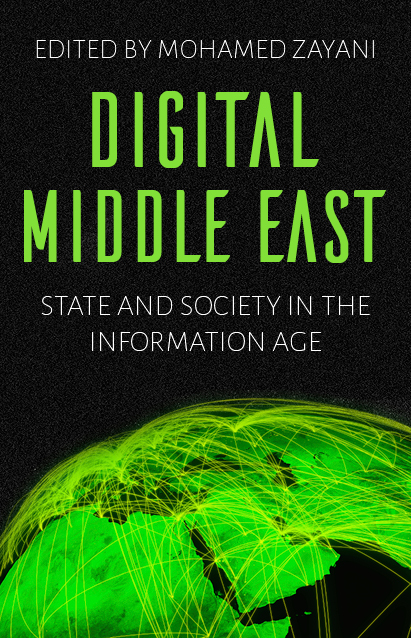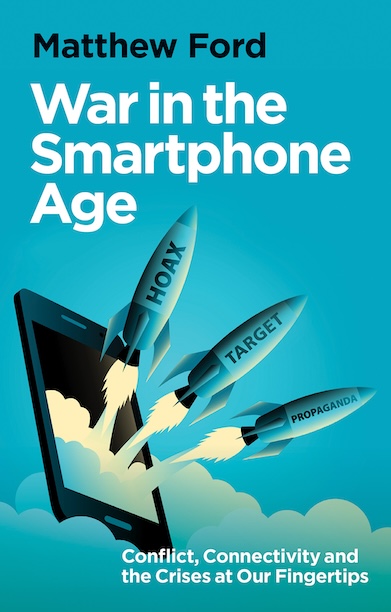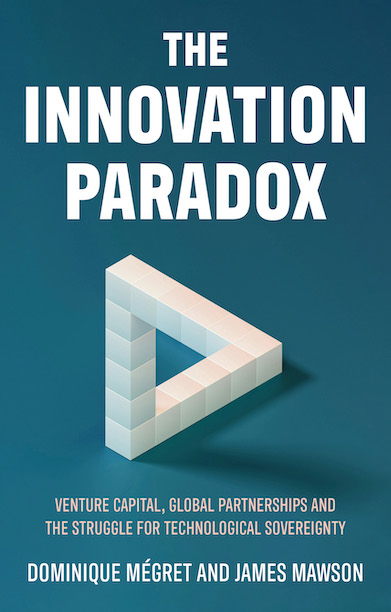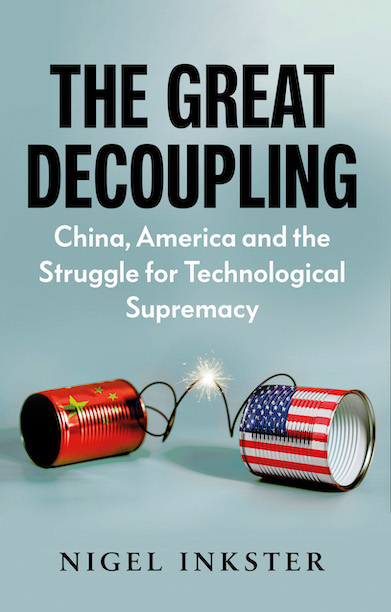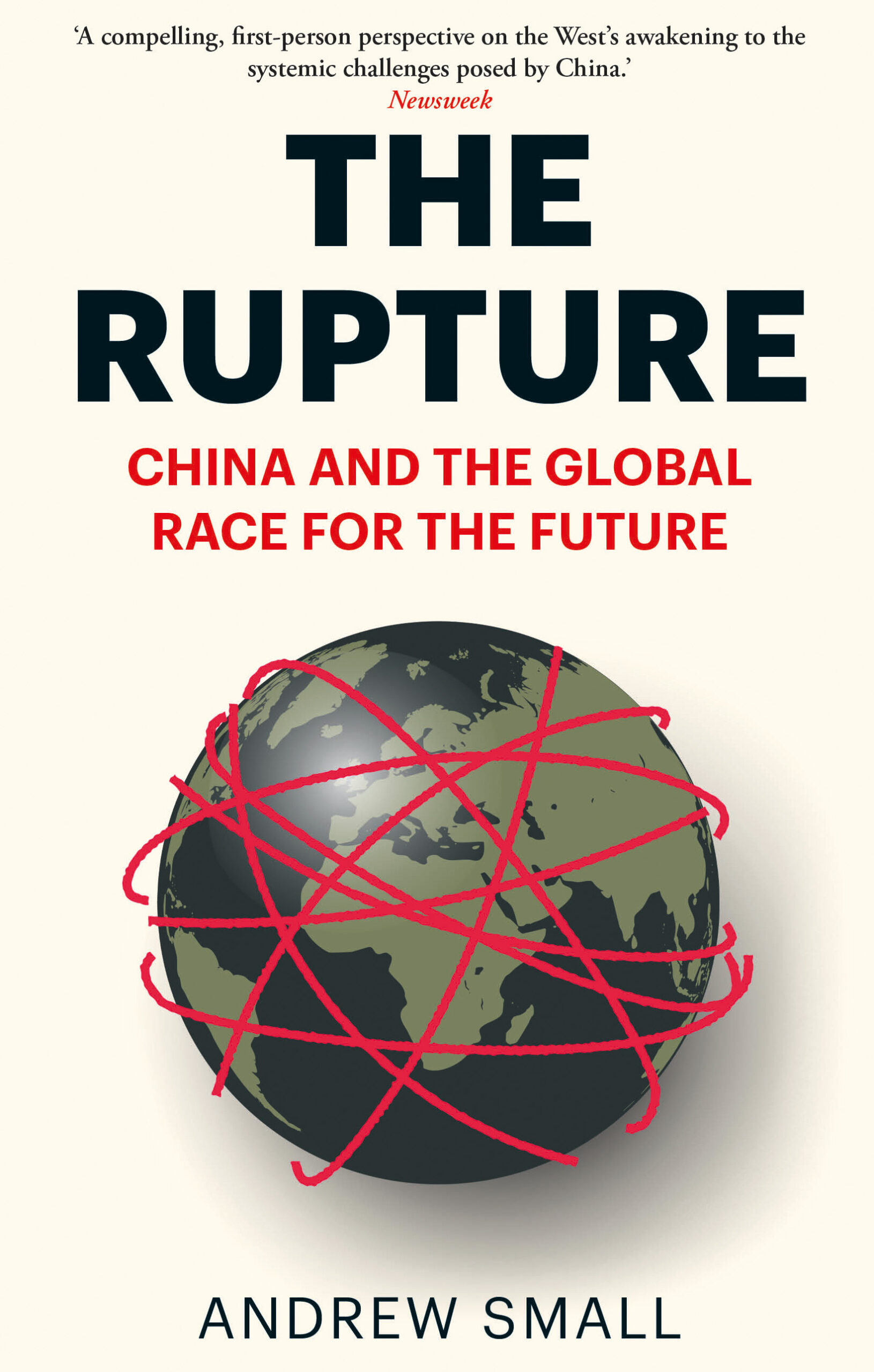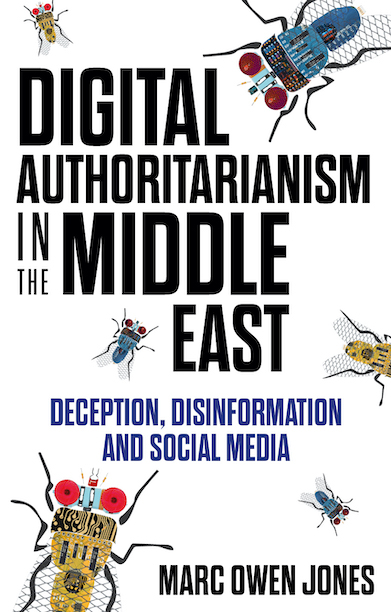Digital Middle East
State and Society in the Information Age
Part of the Georgetown University, Center for International and Regional Studies, School of Foreign Service in Qatar seriesOffers critical perspectives on the multifaceted digital transformations the Middle East has been undergoing and explores the promises and challenges ICT-related changes hold for Middle Eastern states and societies.
Description
In recent years, the Middle East’s information and communications landscape has changed dramatically. Increasingly, states, businesses, and citizens are capitalising on the opportunities offered by new information technologies, the fast pace of digitisation, and enhanced connectivity. These changes are far from turning Middle Eastern nations into network societies, but their impact is significant. The growing adoption of a wide variety of information technologies and new media platforms in everyday life has given rise to complex dynamics that beg for a better understanding.
Digital Middle East sheds a critical light on continuing changes that are closely intertwined with the adoption of information and communication technologies in the region. Drawing on case studies from throughout the Middle East, the contributors explore how these digital transformations are playing out in the social, cultural, political, and economic spheres, exposing the various disjunctions and discordances that have marked the advent of the digital Middle East.
Table of contents
Acknowledgements
Contributors
- Mapping the Digital Middle East: Trends and Disjunctions
Mohamed Zayani
- The Changing Nature of Socialization among Arab Youth: Insights from Online Practices
Ilhem Allagui
- Virtual Worlds, Digital Dreams: Imaginary Spaces of Middle Eastern Video Games
Vít Šisler
- Mediated Experience in the Egyptian Revolution
Mark Allen Peterson
- Women’s Digital Activism: Making Change in the Middle East
Annabelle Sreberny
- Domesticating Foreign Intellectual Property Laws in the Digital Age: Of Pirates and Qarsana in the GCC
Suzi Mirgani
- From Souk to Cyber-Souk: Acculturating to e-Commerce in the MENA Region
Norhayati Zakaria
- Working for Free: Hidden Social and Political Economies of the Internet in the Middle East
Jon W. Anderson
- Digital Rights Activism after the Arab Spring: Internet Governance Politics and the Internet Freedom Proto-Regime
Muzammil M. Hussain
- Citizenship and Cyber-Politics in Iran
Gholam Khiabany
- E-Government in the GCC Countries: Promises and Impediments
Damian Radcliffe
On the Digital Middle East and Computational Social Science
Afterword by Ingmar Weber
Reviews
‘Edited by one of the leading scholars of digitally mediated transformations of Middle Eastern society and politics, this volume offers a multifaceted assessment of the role of information and communication technologies (ICTs) across the region.’ — China International Strategy Review
‘This is an important contribution not only to Middle East studies, but also to media studies and political science. Blending original research with expert commentary and informed analysis, this groundbreaking collection helps move the discussion on the digital era from abstract puffery toward concrete assessments.’ — Joe F. Khalil, Associate Professor, Northwestern University in Qatar
‘A timely and important book that offers a rich, interpretive and comparative account of how different countries and actors across the Middle East adapted and adopted new media technologies.’—Dina Matar, Senior Lecturer in Arab Media and Political Communication, SOAS, University of London
‘An important contribution to our understanding of how digital communication is impacting the Middle East. It goes far beyond the classic focus on cyber activism and political change, bringing much needed discussion of digital platforms’ influence on daily practices.’ — Fatima el-Issawi, Senior Lecturer in Journalism, University of Essex
‘An impressive array of perspectives on the impact of information and communication technologies in Middle Eastern societies. This book will be of great value to anyone interested in the evolution of civic culture in the Middle East.’ — Philip Seib, Professor of Journalism, Public Diplomacy, and International Relations, University of Southern California
Editor(s)
Mohamed Zayani is a professor of critical theory at the School of Foreign Service, Georgetown University in Qatar, and author of the award-winning book Networked Publics and Digital Contention: The Politics of Everyday Life in Tunisia.
